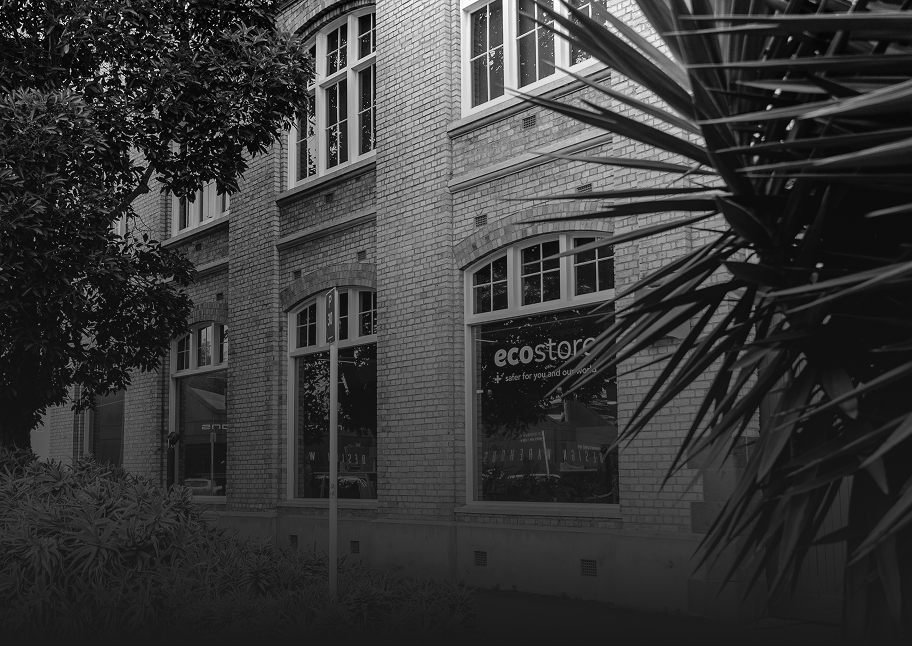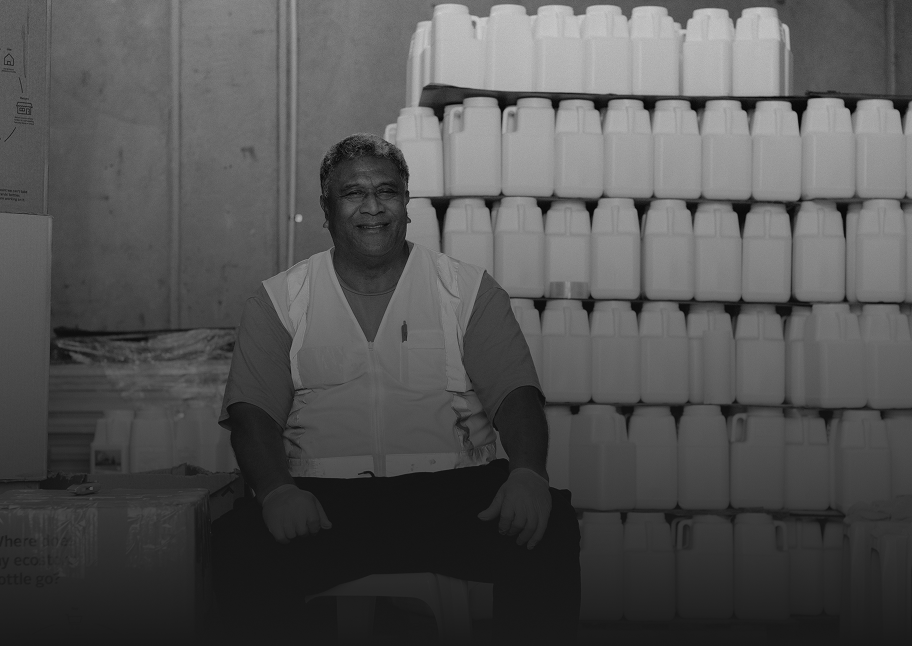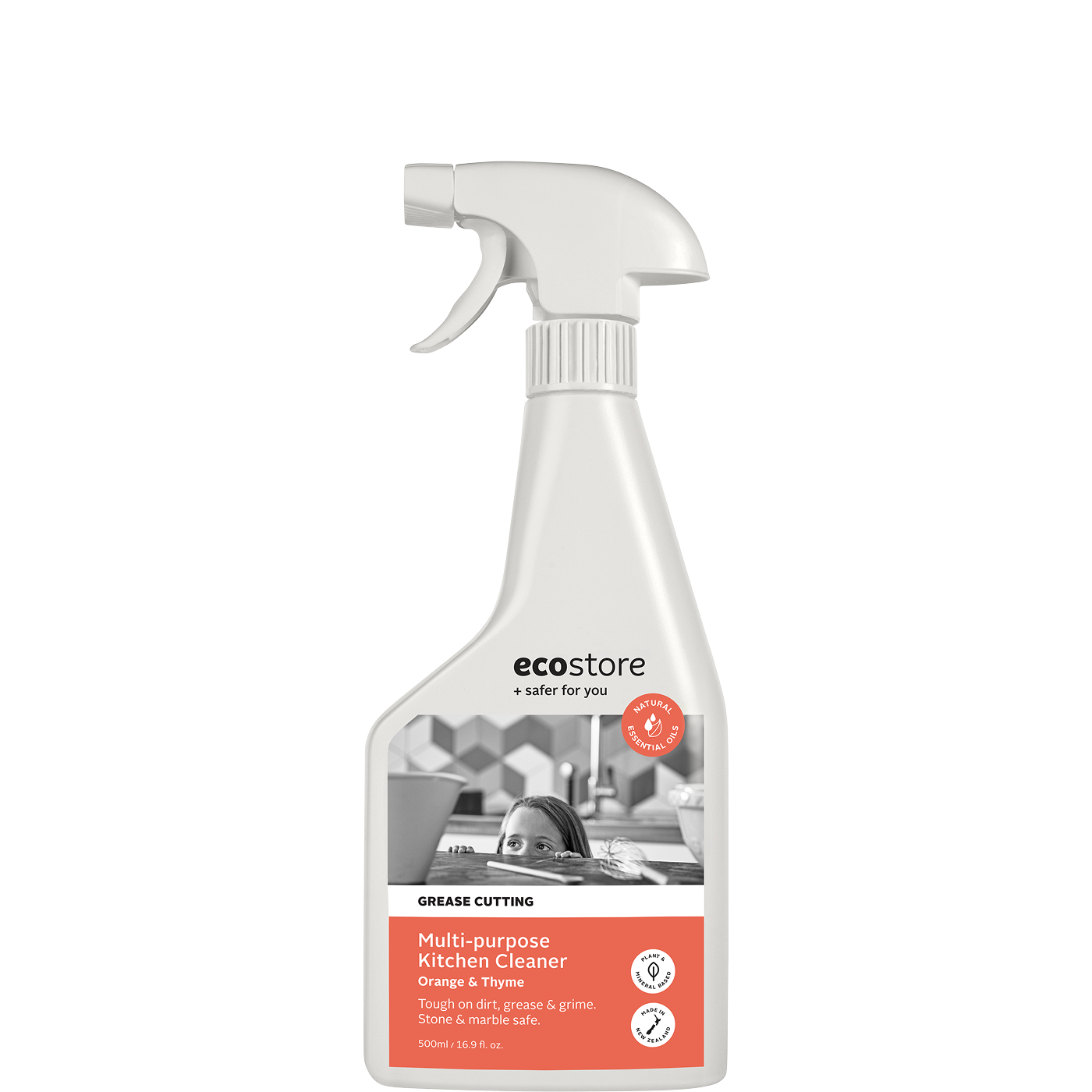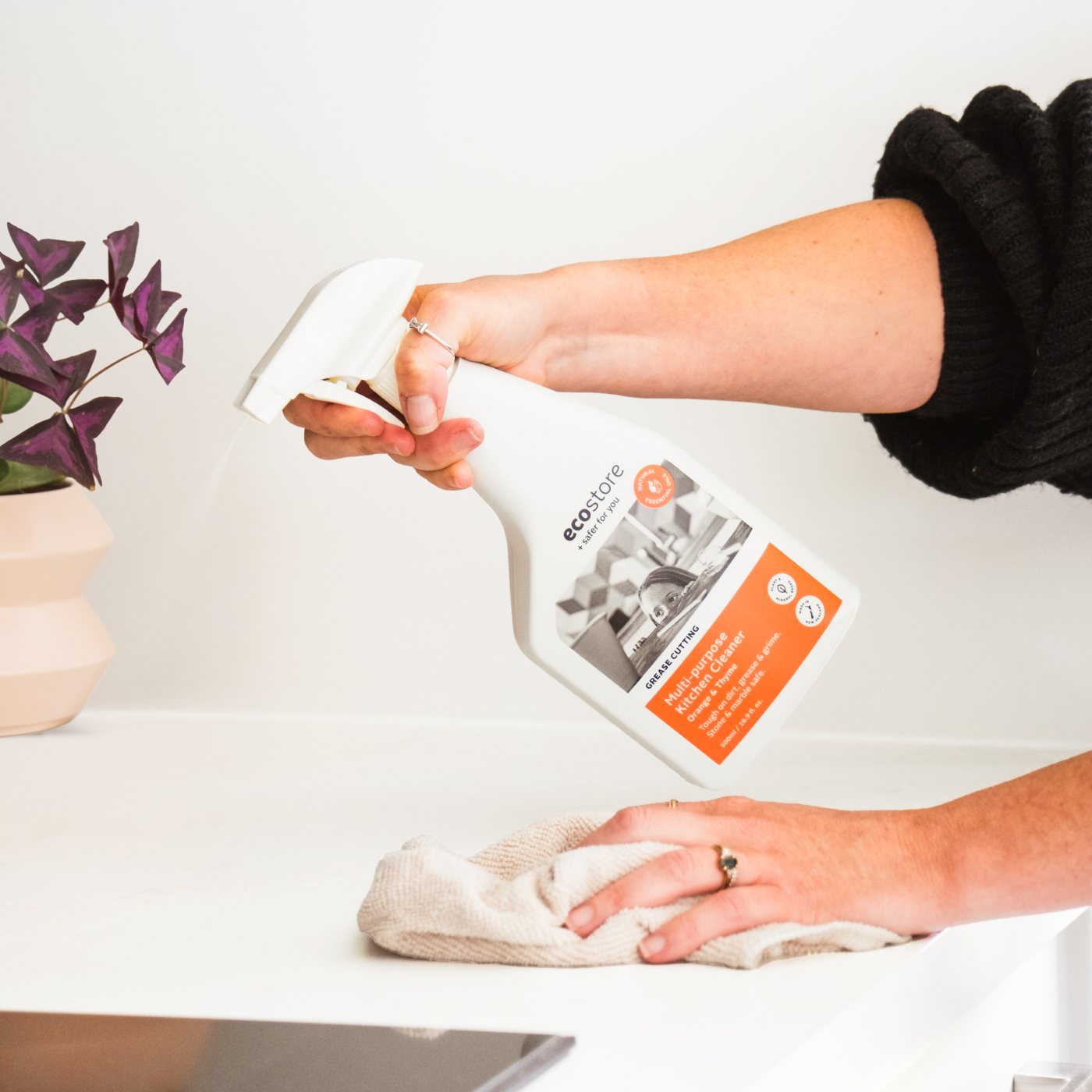National Geographic reporter Dan Buettner identified five places in the world where people live longer, healthier lives. Despite their geographic diversity, people living in what he calls Blue Zones® share some key things in common. One of these is a strong sense of purpose.
The French call it ‘raison d’être’, but it’s the Japanese who have elevated finding one’s ‘reason for being’ into an art form – summed up perfectly in the word Ikigai. So what exactly is Ikigai, and how do you get this good thing in your life?
Ikigai is the reason you get out of bed in the morning. Ikigai (pronounced ee-key-guy) aims to balance emotional and spiritual needs with practical and intellectual motivations. This equilibrium happens where your talents and passions intersect with the things that the world needs and values.
Ikigai translates roughly as the ‘realisation of the life one expects and hopes for’.
On one hand, we all want to find meaning in our lives. On the other, most of us need to earn enough money to live and enjoy a lifestyle with a few luxuries (whatever we define as luxury). Although in an ideal world we wouldn’t have to compromise, so many of us do.
It’s not just about work – although the idea is that work can be fulfilling, meaningful and make the world a better place. The concept of Ikigai recognises that everything – work, friends and family, spirituality, hobbies – is connected, and that it’s possible to be true to the other aspects of your life by expressing them through your work.
Accentuate the positive
To discover your Ikigai, you need to figure out what you’re most passionate about. It may help to ask yourself these questions and write down the answers:
- Do you enjoy books or movies about a specific topic or in a particular setting?
- What could I do for five years straight without getting paid?
- What would I spend my time doing if all my bills were taken care of?
- What did I love to draw or write about when I was younger?
- What hobbies do I really enjoy doing?
- When I’m really old, what will I wish I’d spent my life doing?
- The last time I truly felt ‘flow’, what was I doing?
This last one is less of a question and more about being mindful. Flow is being in the mental or physical 'zone', where you’re fully immersed, focused, and enjoying yourself.
By answering the above honestly, without over-rationalising, you could start to work out what to do with the rest of your life. Nice huh?
Eliminate the negative
List the jobs, tasks or situations that you absolutely can’t stand. This can provide even more clarity than the exercise above.
Knowing what you don’t like, or don’t feel that you’re naturally good at can be incredibly powerful. It will help you avoid getting stuck doing things that might make you miss out on discovering your Ikigai.
You may not discover your Ikigai in a eureka moment but rather through a process of reflection and a series of small discoveries. Simply quiet ‘alone time’ and meditation can be very helpful.
Latch on to the affirmative
What are your super powers? The things you’re really good at. Some may be obvious – like having an eight-octave singing range. Other skills may be more subtle, like being incredibly good at packing a suitcase, or speed reading.
Consider what common areas exist between your passions (which you worked out above) and your skills. We often become naturally good at the things we’re passionate about, so this should come quite easily.
If, like many of us, you’re not good and blowing your own trumpet (unless you are very good at playing the trumpet), you could try asking friends and family who know you well. They may also be a good source of inspiration for finding new hobbies or passions too. Ask them about the things they love doing, and experiment with learning new skills. Sometimes you don’t know what’s for you until you try it.
Are there people in your life who you envy (just a little bit) because they are doing what they love? Ask them to tell you how they discovered their passions and how they’ve made those passions a central part of their lives.
Then it might be time to do a bit of research into career or business opportunities that align with the things you do love and are good at, while avoiding what you don’t love (even if you’re kinda good at it). Could these things become a bigger part of your life? A side hustle, perhaps?
Don’t mess with Mr Inbetween
As journalist Hunter S. Thompson said once, while lucid, "Anything that gets your blood racing is probably worth doing.” Conversely, life is short, and anything that makes you go ‘meh’, might not be.
Armed with your new self-knowledge (really it was there all the time), try this visualisation. Imagine waking up and leaping out of bed to start the day. You are really excited to get to work. You get dressed and eat breakfast, filled with enthusiasm and anticipation. Then you step outside – the sun is shining, the birds are singing, and you’re on your way to______. Now it’s time for you to fill in the blanks with your own Ikigai.
Read more

Starting your morning with the right tone can make a massive difference to energy levels, productivity at work, and how you perceive the day ahead. You can linger in bed, aggressively hitting the a...

Onions and leeks are not often grown by home gardeners because they’re so cheap to buy, but with onions being one of the most heavily sprayed crops when grown conventionally, we like to grow our ow...






